Challenges or Opportunities?
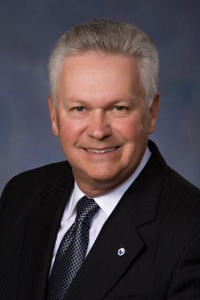 The chancellor of Johnson & Wales University tells chefs to follow their passion to achieve success while also becoming agents of change in their industry and careers.
The chancellor of Johnson & Wales University tells chefs to follow their passion to achieve success while also becoming agents of change in their industry and careers.
By Mary Petersen
Dr. John J. Bowen, chancellor of Johnson & Wales University, was the American Culinary Federation Northeast Regional Conference keynoter at the opening general session in Providence, R.I., April 12, 2014.
He began by recognizing one of his mentors, Certified Master Chef Fritz Sonnenschmidt from The Culinary Institute of America. The lesson he learned from Sonnenschmidt, Bowen said, was to find your passion and follow it, and you will be successful.
Bowen has been with Johnson & Wales University for more than three decades. Throughout his career, his leadership has directed JWU’s success and cemented its commitment to preparing students for professional success through academics and professional skills, community-leadership opportunities and its unique career-education model. As chancellor, Bowen oversees more than 17,000 students and approximately 2,000 employees at four domestic campuses.

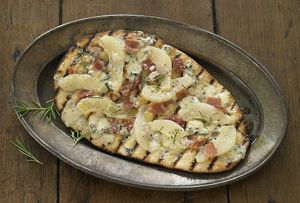 Though not new to the market by any stretch, flatbreads, particularly those that say “global,” are enjoying a revolution. A pastry chef-instructor at Kendall College in Chicago reports on the trend, making the case for need-to-know among culinary-arts and pastry/baking students as they embark on their careers.
Though not new to the market by any stretch, flatbreads, particularly those that say “global,” are enjoying a revolution. A pastry chef-instructor at Kendall College in Chicago reports on the trend, making the case for need-to-know among culinary-arts and pastry/baking students as they embark on their careers. Technomic research reveals significant increased blueberry use across categories, suggests Gen-Y marketing opportunities.
Technomic research reveals significant increased blueberry use across categories, suggests Gen-Y marketing opportunities. The Research Chefs Association unveiled the latest in culinary arts and food science and technology in Portland, Ore., in March.
The Research Chefs Association unveiled the latest in culinary arts and food science and technology in Portland, Ore., in March.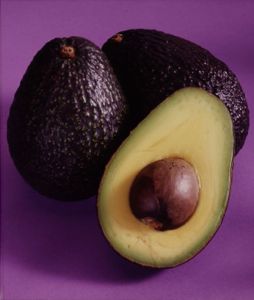 Which good fats to eat and which bad fats to avoid? There’s room for more education.
Which good fats to eat and which bad fats to avoid? There’s room for more education. The challenge of college includes managing multiple demands and a complex schedule, often for the first time as an adult. Something as simple as taking attendance in class can motivate students to not only stay in the course and program, but thrive.
The challenge of college includes managing multiple demands and a complex schedule, often for the first time as an adult. Something as simple as taking attendance in class can motivate students to not only stay in the course and program, but thrive.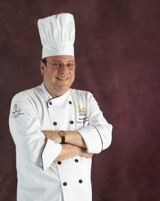
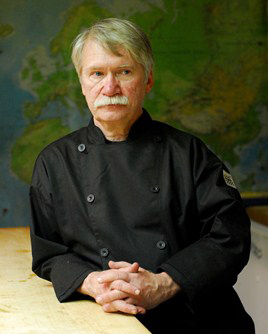 As culinary educators we have a unique opportunity to view student assessment differently—in a way that measures the ability to “demonstrate understanding” vs. the ability to memorize.
As culinary educators we have a unique opportunity to view student assessment differently—in a way that measures the ability to “demonstrate understanding” vs. the ability to memorize. Courtesy of Mercer Cutlery
Courtesy of Mercer Cutlery Imagine working side by side with a top caterer in Seattle, helping with the grape harvest for the oldest continuously operating, family-owned winery in California, or experiencing farm-to-table initiatives on a farm in Hawaii. These opportunities and others are available to women working in the food, beverage and hospitality industries through the 2014 Les Dames d’Escoffier International (LDEI) Legacy Awards.
Imagine working side by side with a top caterer in Seattle, helping with the grape harvest for the oldest continuously operating, family-owned winery in California, or experiencing farm-to-table initiatives on a farm in Hawaii. These opportunities and others are available to women working in the food, beverage and hospitality industries through the 2014 Les Dames d’Escoffier International (LDEI) Legacy Awards.